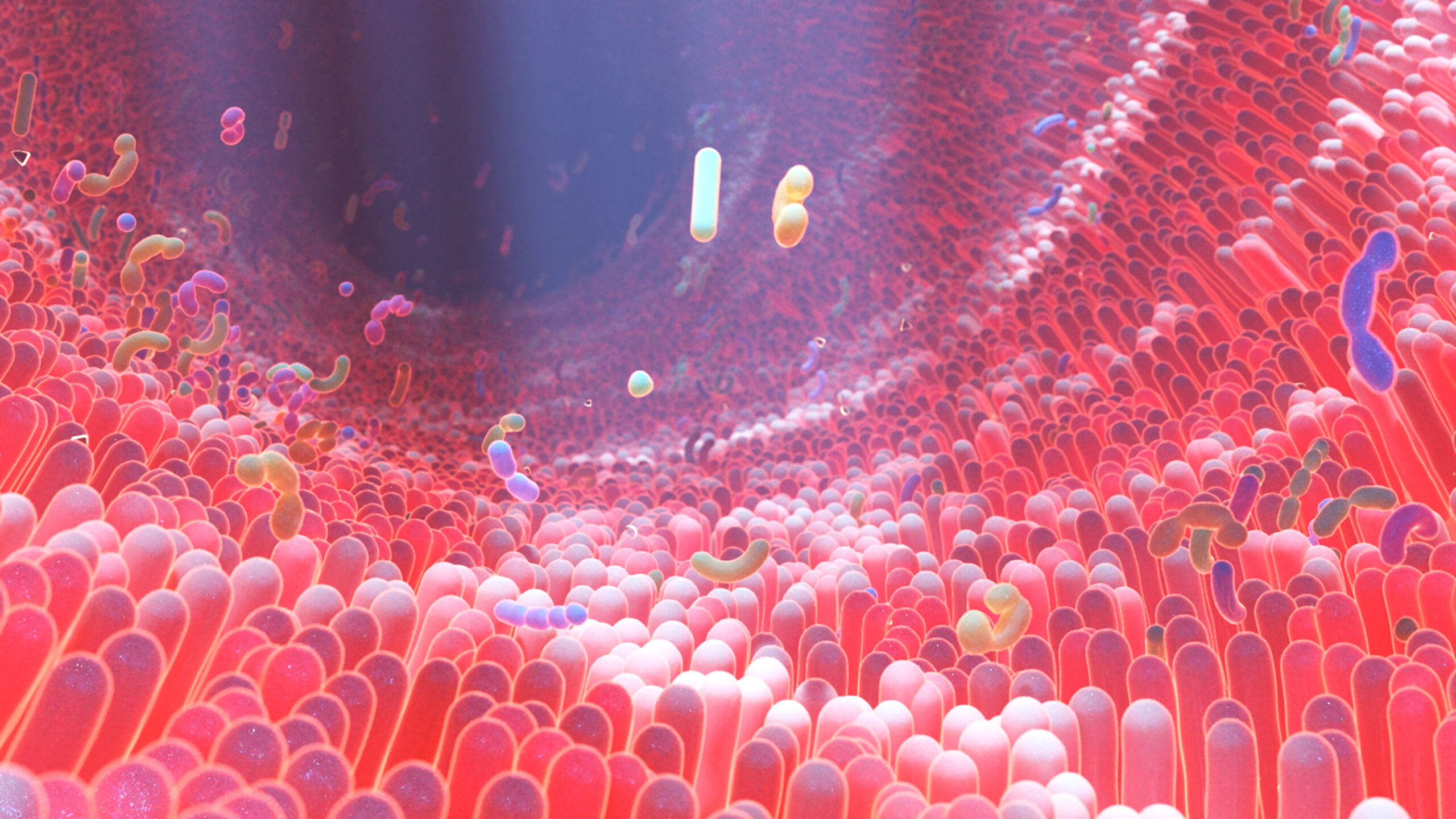The project at a glance
Scientific background: From pathogens to pathogenesis
The human microbiome encompasses all microorganisms—such as bacteria, viruses, and fungi—along with their genes, that naturally inhabit our bodies. While classical views in microbiology initially overlooked the significance of microbial communities, recent research highlights the potential for imbalanced, commensal microbial populations to become pathogenic, adding a new dimension to our understanding of disease mechanisms.
This implies the importance of studying microbial communities in the context of various chronic diseases such as cancer, allergy, inflammatory bowel disease, lung and neurodegenerative diseases.
An individual’s microbiome is a dynamic entity influenced by factors like diet, drugs, stress, and infections, that impact not only the composition but also the function of microbial communities at given moments in time. Alongside the host’s immediate environment, the microbiome also plays a role in disease pathogenesis. In both chronic diseases and infections, omics techniques have generated vast amounts of data, helping us understand how the microbiome affects various health conditions. The need of microbiome research in the current age lies in interdisciplinary collaborations to focus on understanding the causal and mechanistic links between the microbiome and chronic diseases.
From MICROH to MICRO-PATH
In a successfully preceding doctoral training unit (DTU) in microbiome science entitled “Microbiomes in One Health” (MICROH), we investigated links between microbial communities and human health broadly within the framework of “One Health”. One Health recognises that the health of animals and the environment play essential roles for the maintenance of human health. In MICROH, we focused on enabling the development of new microbiome-based solutions, including novel data generation and method development, to address major healthcare challenges in infectious and chronic diseases.
Building on this and starting in January 2025, the vision of our new DTU programme termed “Pathogenesis in the age of the microbiome” (MICRO-PATH) is to understand the causal and mechanistic links between the microbiome and chronic diseases and to lay the foundation for establishing the microbiome as a therapeutic and preventative target in the future.

The interdisciplinary approach of the MICRO-PATH DTU to the study of pathogenesis in the age of the microbiome. Knowledge gaps in the timely topics will be filled, thereby providing a better understanding of the microbiome’s role at different scales through joint and complementary efforts by the University of Luxembourg, the Luxembourg Institute of Health and the Luxembourg Institute of Science and Technology.
